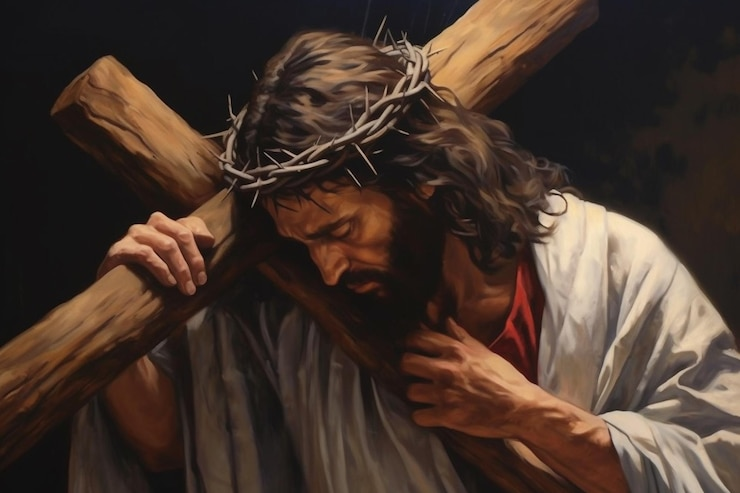"He was pierced for our transgressions, crushed for our iniquities."
Isaiah 53 describes someone who would be rejected, despised, wounded... and then buried with the rich.
Written 700 years before crucifixion was even invented.
Ancient rabbis called this passage a description of the Messiah. Modern scholars often avoid it. Some call it the "forbidden chapter."
Why?
Because when you read it next to the story of Yeshua's death, the parallels are undeniable.
Pierced hands. Silent before accusers. Buried in a rich man's tomb. Rising again.
This isn't vague symbolism. These are specific, verifiable details.
What if Isaiah wasn't writing poetry?
What if he was writing prophecy about a person who would suffer for you?
